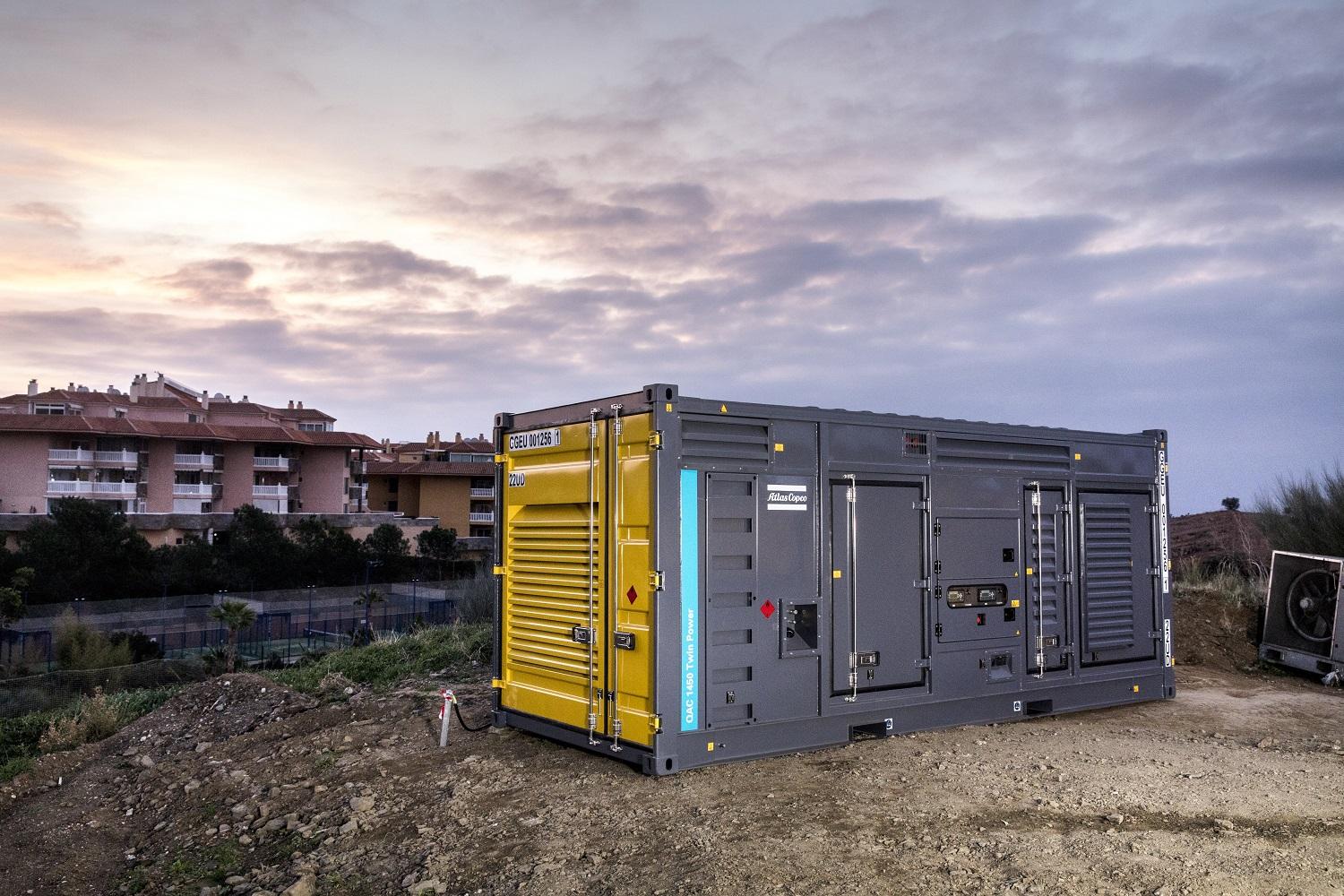Diesel Generators: An Essential Backup Power Solution

Types of Diesel Generators
There are mainly three types of diesel generators available in the market - stationary, portable and marine generators. Stationary generators are larger units that are installed at a fixed location and wired permanently into a building's electrical system to deliver backup power during outages. They are often used for critical operations like hospitals, data centers, industrial plants etc. Portable generators are compact, movable units best suited for temporary or emergency power needs at homes, construction sites or outdoor events. Marine generators are specially designed to operate reliably in harsh marine environments onboard ships, boats and offshore oil rigs.
Working of a Diesel Generator
Diesel Generators functions on the basic principle of converting diesel fuel combustion into electrical energy. It consists of a diesel engine connected to an alternator. The engine powers the alternator which generates AC power synchronized with the local utility frequency, usually 50Hz or 60Hz. The generated AC power can be fed directly to electrical loads or stored in large onboard batteries for backup during power outages. The diesel engine turns the alternator which produces single or three phase AC power through electromagnetic induction very similar to the working of a car's alternator.
Key Components
Some of the main components inside a diesel generator include the engine, alternator, electronic governor and control panel. The diesel engine powers the alternator through a belt-driven mechanism. An electronic governor regulates the engine speed to maintain a constant AC frequency output. The generator control panel houses meters, breakers, monitoring sensors and allows remote or manual start/stop operation. Modern units feature automatic self-diagnostic systems for fault detection and auto shutdown in case of any issues. Large stationary units may have optional soundproof, weatherproof and burglary-proof canopies for outdoor installation.
Applications of Diesel Generators
Diesel generators offer reliable backup power for a wide variety of commercial and industrial uses. Some common applications include - data centers to prevent network downtime, hospitals to keep essential life-saving equipment running, manufacturing plants to avoid production halts, telecom towers, airports, shopping malls, banks, hotels, large farms, construction sites, mining operations, offshore oil rigs and marine vessels. They are also widely used for temporary power during outdoor events, natural disasters or infrastructure development projects requiring mobile power. Home standby generators protect sensitive appliances and ensure habitability during power outages.
Explore More Articles- Portable Security Cabins Market
- Art
- Causes
- Crafts
- Dance
- Drinks
- Film
- Fitness
- Food
- Games
- Gardening
- Health
- Home
- Literature
- Music
- Networking
- Other
- Party
- Religion
- Shopping
- Sports
- Theater
- Wellness
- IT, Cloud, Software and Technology


